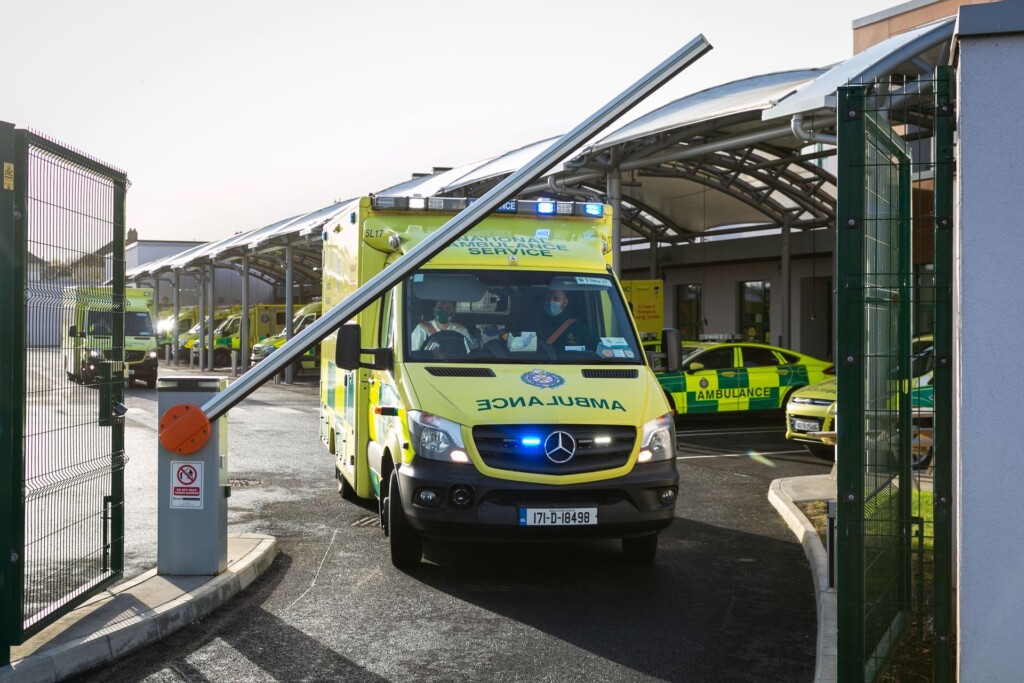SIPTU has called on the Government to directly intervene and help solve the ambulance staffing “crisis”.
SIPTU says the situation is “worsening” which is hindering staff to do their jobs.
Union organiser Geoff McEvoy says that SIPTU representatives within Dublin Fire Brigade have “called for their full inclusion in the discussions surrounding the future of their services following the deeply regrettable failure to invite them to a Joint Oireachtas Committee on Health which discussed the issue.”
SIPTU Dublin Fire Brigade chairperson Mick Redmond said that “DFB workers are key stakeholders in this issue.”
During a Dáil debate last week Sinn Fein TD for Dublin Bay North Denise Mitchell said emergency services in Dublin “are at breaking point.”
“Front-line paramedics and operational staff have kept the ambulance services running with their tireless work but they have not been properly supported by this Government.
“The National Ambulance Service is not able to do its job to the level we need because it does not have the capacity.
“People now wait more than 20 minutes for an ambulance in Dublin and the east coast.
“The average response time is now 22 minutes but I know of cases in my constituency where people waited for an hour.”
Deputy Mitchell says “delays in hospitals also cause ambulances to be delayed outside hospitals in Dublin for anything from 40 minutes to one hour.
“The Government and the Minister have failed to support our front-line paramedics to keep up with the demand for emergency services.”
Social Democrats TD Roisin Shortall also criticised the Government, saying that “the gap between demand and capacity is widening and this requires an urgent response from the Government because lives will, undoubtedly, be lost.
“The newly published response time figures should act as a catalyst for change because they simply cannot be defended.
“Last year, only 72 percent of life-threatening cardiac or respiratory arrest cases were reached within the agreed time of 19 minutes, which was eight percentage points off target.
“For other life-threatening illness or injury, only 41 percent of cases were reached within that key 19-minute period, representing nine percentage points off the target figure.”
People Before Profit TD for Dublin South Central Bríd Smith said the National Ambulance Service is “way underfunded and understaffed”.
She also said that “workers in that service have had quite a long struggle to get trade union recognition.”
In response, Minister for Health Stephen Donnelly said that response times are being reduced across the service.
“Last year the average response time was 25 minutes. In January this year they had that down to 22 minutes.
“Last January, out of 30,000 calls, 35 people waited more than two hours.
“That is 35 people too many, but it has fallen from last January to this January from 35 people to 30 people. Last January 114 people waited more than one hour.
“Again, that is too many. However, this year the ambulance services brought that down from 114 people to 81 people.
“They are absolutely committed to bringing those numbers further and further down.”
Minister Donnelly said that the Government invested €200 million in the National Ambulance Service “an increase in funding of around €30 million since 2019, with additional funding being allocated on top of that this year.”
